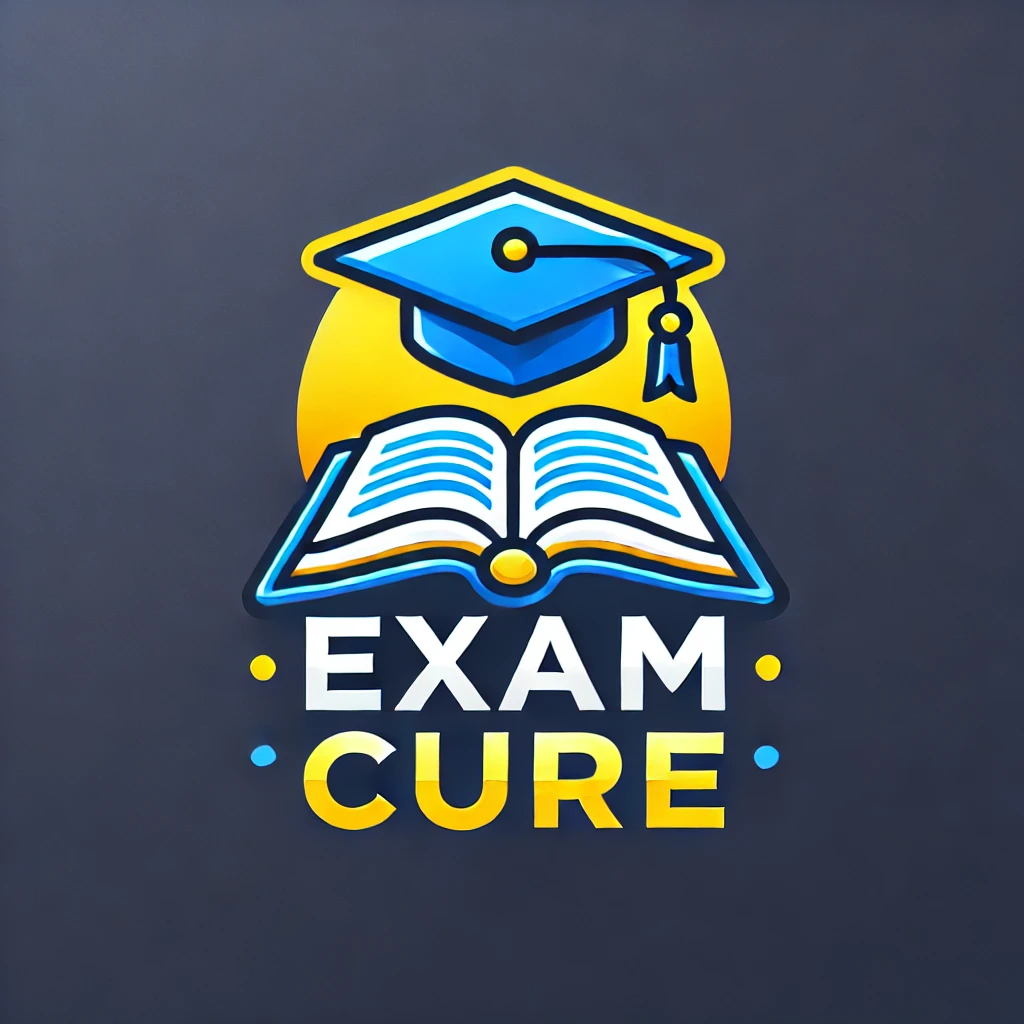Ace Occupational Therapist Prometric Exam
Ready to pass the Prometric Examination of Occupational Therapist? Then prep for the Prometric exam with Exam Cure. Gain access to more than 1000 review practice questions with detailed explanations for both correct and incorrect responses.
The Occupational Therapist question bank follows the exam content outline for the Prometric exam of Occupational Therapist.
Course contents
About the Question Bank
Multiple-choice questions
More About the Occupational Therapist DHA Prometric Exam
Occupational Therapist Prometric Exam
Duration: 3 Hours
Number of Questions: 150
Exam Code: ORA5562
Fee: USD 240
Pass Score: 55%
---
Exam Coverage
1. Neurological Conditions
Focus Areas: Management of conditions like stroke, traumatic brain injury, spinal cord injury, and multiple sclerosis.
Key Concepts:
Rehabilitation strategies, assessment tools, and adaptive techniques for neurological impairments.
Neuroplasticity principles and interventions to improve functional independence.
Tips: Emphasize understanding the impact of neurological conditions on daily activities and the appropriate therapeutic interventions.
2. Physical Disabilities
Focus Areas: Treatment for conditions that affect physical mobility, strength, and coordination.
Key Concepts:
Techniques for improving mobility, balance, and physical endurance.
Use of assistive devices and modifications to enhance independence.
Tips: Review interventions for physical rehabilitation and functional adaptation strategies.
3. Developmental Disabilities
Focus Areas: Management of developmental disorders such as autism, cerebral palsy, and Down syndrome.
Key Concepts:
Strategies for promoting motor, cognitive, and social skills development in children.
Family-centered care and interdisciplinary collaboration.
Tips: Understand the principles of developmental milestones and therapeutic play.
4. Occupational Health and Patient Safety
Focus Areas: Safety practices and risk management in clinical and home settings.
Key Concepts:
Ergonomics, workplace assessments, and injury prevention strategies.
Infection control, fall prevention, and emergency response.
Tips: Familiarize yourself with safety protocols and guidelines for diverse occupational environments.
5. Community-Based Services and Assistive Technology
Focus Areas: Integration of assistive technology in community and home settings.
Key Concepts:
Assessment and selection of assistive devices for various disabilities.
Role of community services in supporting individuals with disabilities.
Tips: Study types of assistive technology and community resources available for occupational support.
6. Hand Dysfunctions
Focus Areas: Rehabilitation of hand injuries and disorders, such as carpal tunnel syndrome and tendon injuries.
Key Concepts:
Hand anatomy, splinting techniques, and therapeutic exercises.
Post-surgical care and occupational interventions for hand function restoration.
Tips: Focus on splinting, fine motor exercises, and adaptive techniques for hand dysfunctions.
7. Psychosocial Problems & Mental Health
Focus Areas: Treatment approaches for mental health conditions affecting occupational performance.
Key Concepts:
Coping strategies, stress management, and therapeutic use of self in treatment.
Techniques for enhancing social interaction and emotional regulation.
Tips: Understand the psychosocial impact of mental health disorders and the role of occupational therapy.
8. Pediatric Conditions
Focus Areas: Assessment and intervention for pediatric clients with physical or developmental disabilities.
Key Concepts:
Early intervention, sensory integration, and behavior management techniques.
Family involvement and tailored approaches for children’s needs.
Tips: Review developmental assessments and intervention strategies specific to pediatrics.
9. Ethics and Professionalism
Focus Areas: Ethical considerations in occupational therapy practice.
Key Concepts:
Professional boundaries, informed consent, confidentiality, and patient rights.
Ethical decision-making models and adherence to professional standards.
Tips: Familiarize yourself with ethical guidelines and scenarios in occupational therapy.
---
Study Recommendations
1. Blueprint-Based Preparation
Allocate study time according to the weight of each topic, focusing on high-yield areas like neurological conditions, physical disabilities, and developmental disabilities.
2. Core Textbooks and References
Recommended Books:
Willard and Spackman's Occupational Therapy for foundational knowledge.
Pedretti's Occupational Therapy for practice skills in physical dysfunction.
Occupational Therapy for Children for pediatric interventions.
Fundamentals of Hand Therapy for specific hand dysfunction techniques.
Handbook of Developmental Disabilities for understanding developmental challenges.
Occupational Therapy in Mental Health for mental health-related approaches.
3. Practice with Clinical Scenarios
Engage in case studies to apply theoretical knowledge to practical settings, especially for patient management and safety.
4. Mock Tests and Timed Practice
Take practice exams to improve familiarity with the question style and exam pacing.
5. Review Guidelines and Clinical Protocols
Emphasize the latest practices in areas such as assistive technology, hand therapy, and mental health interventions.
---
By following this content outline and focusing on the key areas mentioned, you’ll be well-prepared for the Occupational Therapist Prometric Exam. Good luck with your studies!

